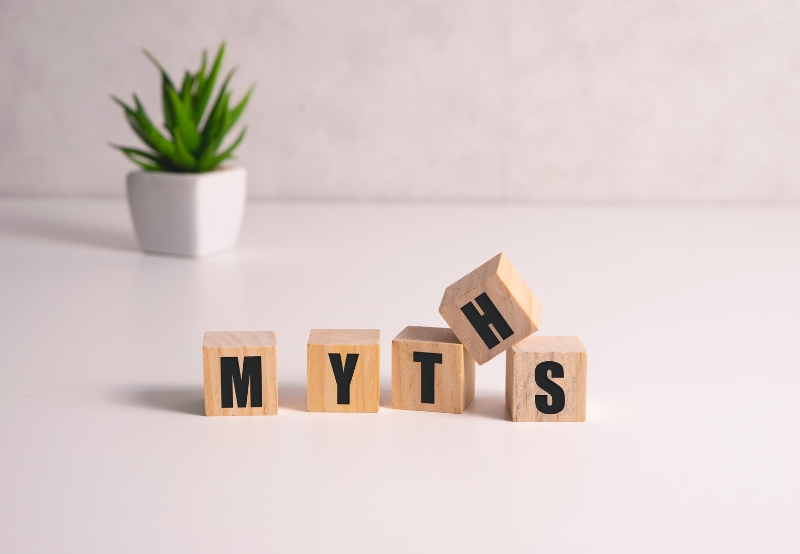
We know you do it.
It’s normal to be curious about where you rank and how you appear via Google search results.
Afterall, being easy to find online makes it easy for potential patients to find their way to your office.
However, the results that you see when you do a Google search are not necessarily the same results that another person sees—even if you both use the exact same search words.
Here are four common questions we get from clients about Google search and SEO:
Q: Why don’t I see my practice when I Google myself?
A: Google serves you custom content based on your user data.
Google uses your online persona and real-time data to determine what you might want to see (via targeted advertising or brokering your data to other groups that want to influence you).
For example, if you click on something often, Google thinks you’re interested in it. The more you click on something, the more (and higher) you see it in your results.
Naturally, if you visit another doctor’s site more often than you visit your own, that doctor might rank higher than you in your search results. This is due to your online behavior.
For that reason, a potential patient’s search results might look different than yours, or they may appear in a different order, even if you both use the same exact search phrase.
How does personal search work?
Even though you may not be a celebrity, you can think of Google as your own personal paparazzi. It follows you around and reports back on everything—even your mundane daily routines (sending emails, ordering a salad, searching for a gas station nearby). While Google may not publish your activities in People magazine, it does collect and analyze them. This massive amount of data is aggregated and turned into your “online dossier.”
Q: How can I make sure I show up in potential patients’ search results?
A: SEO is the path to better Google rankings and visibility.
Our in-house SEO experts use industry-leading tools to determine your potential patients’ search results, and we use that data to improve your ranking.
SEO is short for search engine optimization, which is the practice of optimizing your website so that the right people can find it. With SEO, we can shape your website (according to Google’s algorithm) so that it appears higher in potential patients’ search results.
Q: How quickly will I see results from SEO?
A: Effective SEO takes time, but you should start seeing results in a few months.
Google uses bots to crawl through billions of web pages and index them. For your website to appear in the search results, it has to be indexed and crawled repeatedly to build trust over time.
SEO does not provide overnight results. You need to prove your credibility and improve your findability. It takes a few months to begin seeing results, and it can take as long as 6-12 months to see considerable improvement. If you haven’t already started optimizing your website for search engines, you’re already behind.
But the good news is that you can start now.
Our marketing team can optimize your site so that it includes keywords that build your online authority, and we can update your site with fresh, relevant content on a regular basis. The bots love seeing that (and so do your human patients).
Appearing in a Google search costs nothing (let’s hear it for organic marketing!) but the right SEO efforts behind that successful appearance do require an investment (and patience).
Q: So if I stop Googling myself, how do I know where I stand on search results?
A: We will “show you the receipts!”
Whenever you get the urge to Google yourself, ask us for the data instead.
We’ll be happy to share information about your new leads, how they found your website, and how they engaged with your site once they get there. Our reports are full of valuable information that you can leverage to get the most out of your digital marketing spend.
Stay tuned over the next few weeks for more on our series on data and measurement. We’ll continue to demystify Google, search, website optimization, traffic, lead generation, and reporting!
If this topic piques your interest, please send us any questions or ideas that you’d like to have addressed during the series!



